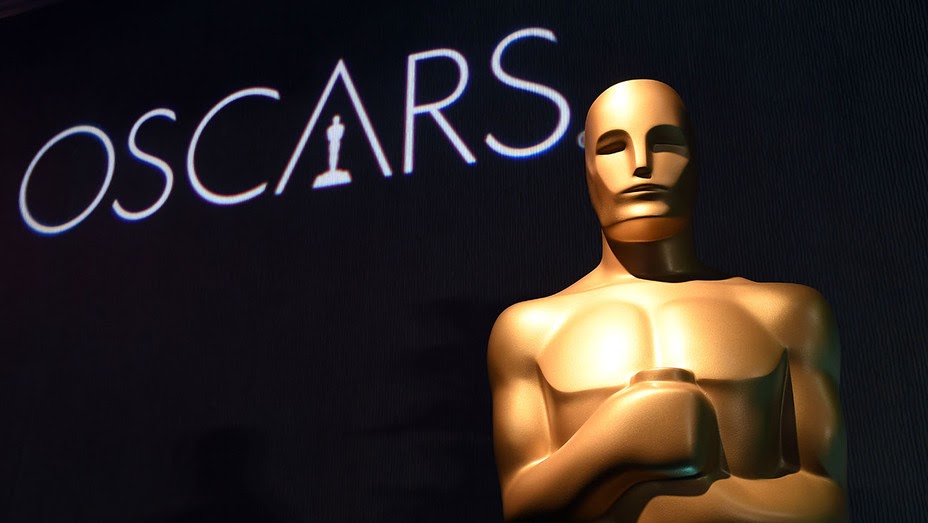Hong Kong Broadcaster Drops Oscar’s Ceremony

Image Courtesy of The Hollywood Reporter
By Angela Hickey
Hong Kong’s largest free-to-air television broadcaster, TVB, has opted to not air the Oscars for the first time in over fifty years, even though a Hong Kong film was nominated for the first time since 1993.
The Hong Kong broadcaster, which has carried the Oscars telecast since 1969, has opted out of renewing its rights to air the ceremony.
“It was purely a commercial decision that we decided not to pursue the Oscars this year,” a TVB spokesperson said in statements to Hong Kong media outlets.
No other Hong Kong broadcaster or pay-TV channel has announced plans to step in and pick up the rights in TVB’s place.
Derek Tsang’s youth drama, Better Days, was nominated this year for best international film, making it the first Hong Kong nominated film since Farewell My Concubine (1993).
Despite the message that this decision was “purely commercial,” many are wondering just how valid that statement is. The decision not to broadcast the awards ceremony comes after Bloomberg News reported earlier this month that China’s Communist Party propaganda department has ordered its state-controlled media to play down the awards and not show the ceremony live. Beijing’s media regulators also instructed mainland Chinese press outlets not to broadcast live coverage of the Oscars ceremony and to play down their reporting of the event overall, according to sources familiar with the directive earlier this month.
Some speculate that the tamping down on the Oscars, which have a wide following among Chinese movie buffs, is a response to the nomination of the short documentary Do Not Split, which explores the 2019 pro-democracy protests in Hong Kong, as well as ongoing official unease over past statements attributed to Chinese filmmaker Chloé Zhao, who is nominated in the best director category for Nomadland (year).
Unlike in mainland China, where the press is overseen by draconian, or excessively harsh, censorship authorities, Hong Kong’s law guarantees freedom of press and freedom of speech; however, human rights and pro-democracy advocates have grown increasingly alarmed by the swift erosion of such principles in the city since the implementation of a new “National Security Law” last June, which introduced the possibility of severe punishment for those who organize and protest against government authority.
“This isn’t the first time China and Hollywood are going to be at cross-purposes and it isn’t the last,” said a producer from Field of Vision, an independent documentary company that produced Do Not Split.
They spoke on the condition of anonymity in an article done by The Washington Post due to their existing business relationships located in Asia saying, “And often something on either side — free speech or money — will have to give.”
With the Oscars no longer being allowed to air, people are wondering if this is just the start of Beijing’s so-called “crackdown” on Hollywood, more thoroughly discussed in a piece done by Live Wire. This would be rather detrimental due to China’s major leverage over Hollywood, largely due to the sheer size of its market. If Beijing blocks a film from mainland release, that can mean millions, even hundreds of millions of dollars in lost box office revenue. That leverage is even greater right now, with China’s cinemas open for business as theatres in many countries remain shut because of the coronavirus pandemic.
With the Oscars set to air Sunday, April 25, and no other network having stepped forward to take up the rites, it looks like the Oscars will not air in Hong Kong for the first time in almost 50 years.







